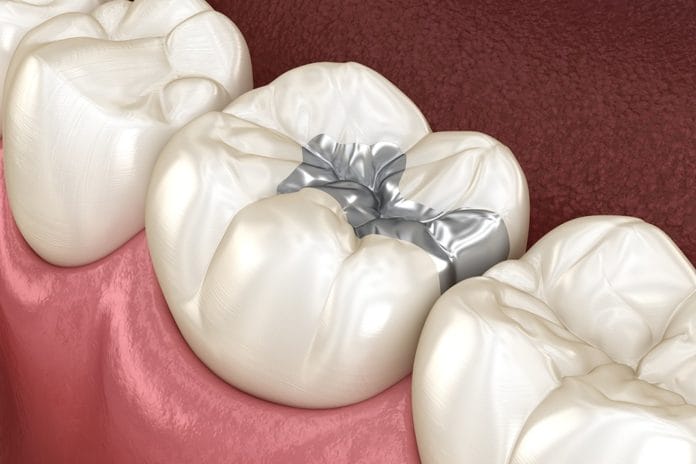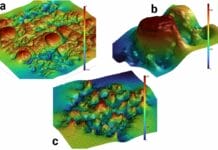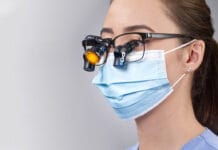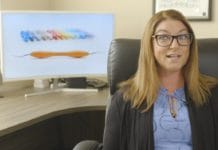Oral bacteria can have a negative impact on a patient’s overall health. As a result, scientists are continuously trying to find new ways to stop oral bacteria from spreading to other parts of the body. A recent study suggests that dental restoratives and other filling materials can help fight tooth decay when antibacterial ingredients are added. An article published in the American Chemical Society’s Applied Materials and Interfaces titled, “Enhanced Nanoassembly-Incorporated Antibacterial Composite Materials,” shares more details about this groundbreaking discovery.
A Closer Look at the Dangers of Tooth Decay
Millions of people are affected by dental caries (tooth decay/cavities) every day. An unhealthy, sugar-filled diet combined with poor oral hygiene can cause caries to develop over time. Tooth decay occurs when bacterial bi-products (acids) demineralize (erode or breakdown) tooth enamel and the underlying layer of dentin. Patients may experience toothaches, serious bacterial infections, and eventually tooth loss if their tooth decay is left untreated.
A patient with tooth decay can experience a wide range of symptoms. They may not notice that caries is forming in their tooth in the beginning stages, but they are more inclined to seek medical attention if they start to suffer from any of the following signs or symptoms:
- Sharp pain along the gum line
- Frequent toothaches
- Increased tooth sensitivity
- Stains on the surface of the teeth
- Holes inside the center or pits of the teeth
- Feeling pain or discomfort when eating food or drink with extreme hot or cold temperatures
- Intense pain when taking a bite of food
About the Tel Aviv University Study
A new study conducted by scientists at the Tel Aviv University revealed that antibacterial fillings can help prevent recurring tooth decay. The research, which was led by Dr. Lihi Adler-Abramovich, was a collaborative effort between professors and dentists at the school’s Maurice and Gabriela Goldschleger School of Dental Medicine and George S. Wise Faculty of Life Sciences.
Dr. Lihi Adler-Abramovich decided to embark on this study because many oral bacterial strains have started to become resistant to antibiotics. Now the medical community is facing a great demand for new therapies with antimicrobial properties.
Dr. Lihi Adler-Abramovich and her team discovered the strong antibacterial capabilities of the self-assembled building block Fmoc-pentafluoro-L-phenylalanine., Next, they decided to examine different ways they could incorporate the nano-assemblies within dental composite restoratives. They were able to evaluate the antibacterial capabilities of composite restoratives when combined with nanostructures. Eventually, they chose to add antibacterial nano-assemblies to resin-based composites and study its effects. Towards the end of the study the scientists were able to arrive at the conclusion that the enhanced material could help stop the spread of oral bacteria. The researchers believe dental professionals can use their resin composite fillings can help fight tooth decay due to its innate bacterial inhibitory properties.
In light of these facts, Dr. Lihi Adler-Abramovich would like to start evaluating the antibacterial capabilities of more minimal self-assembling building blocks in the future. She believes that further investigations should provide enough data; there may be enough evidence to support adding antibacterial components to other tools that can help patients.
In Conclusion
It is the responsibility of dental professionals to inform their patients about the link between poor oral health and the oral-systemic connection. Dentists and dental hygienists should explain to their patients in detail how consistent dental hygiene can help prevent oral bacteria from eventually developing into tooth decay and gum disease over time.











